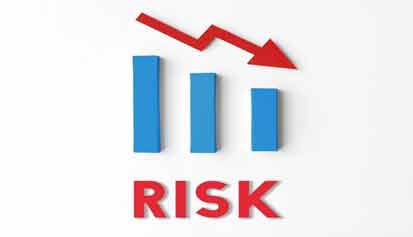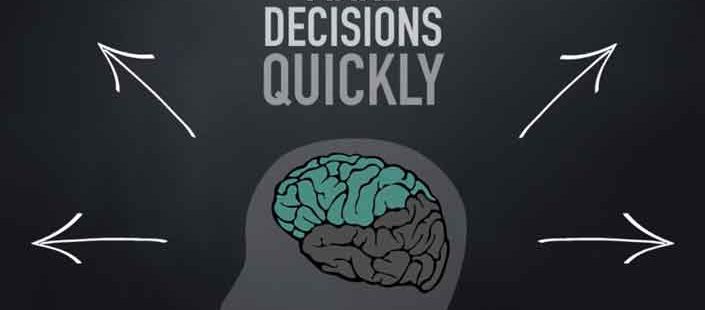In order to speed up your decision-making process, you must understand the elements that make a good decision. You should start by developing a sense of urgency and seek feedback from others. While seeking feedback is vital, you should not wait for consensus. Using your judgment and cost-benefit analysis is essential to make an informed decision. The faster you make a decision, the less time you’ll waste.
Optimal stopping ensures you won’t drag out a decision unnecessarily

You may have heard about the 37% Rule or maybe even used it when deciding on a job or a romantic relationship. This concept is based on the fact that, mathematically, you have a 37% chance of picking the best option. Using this principle can help you make better decisions. It can help you avoid analysis paralysis and ensure that you don’t drag out a decision unnecessarily.
Frees you up from overthinking
If you’re overthinking your decisions, it’s likely that you’ve gotten stuck in reverse. You come up with crazy ideas, blame yourself, and worry about scenarios that may not happen. This overthinking process elevates stress levels, reduces creativity, cloud judgment, and robs you of the ability to make decisions quickly. Fortunately, there is a way to break free from overthinking your decisions, random name wheel.
Reduces decision paralysis
During times of uncertainty, comparing several ideas can help you avoid decision paralysis. By grouping your desired outcomes into five categories, you can focus on the most important criteria, saving time and enabling you to choose the best one. In the end, your choice is more likely to be the best one when you use your rational judgment. It also helps you make a better choice if you pay attention to the details.
Increases decision effectiveness
An important step to maximizing the decision-making effectiveness of your team is to bring diverse perspectives to the table. While this may sound simple, many companies suffer from a significant inclusion gap. According to Aaron De Smet, senior partner at McKinsey & Company, decision meetings are often mistaken for information-sharing sessions. While the goal of such meetings is to facilitate rapid decision-making, key information should be shared in advance. All team members should arrive prepared with proposed solutions and ideas.
Reduces risk

Increasing per capita income and rising levels of affluence can contribute to increased public awareness about risk. Aspirations for more technological advancement often accompany an increasing reliance on science and technology. Despite increased attention to risk, these advances often create new threats and opportunities. Increasing expectations of science and technology can be linked to the growing affluence of Western societies. Early risks were largely acts of God or nature.
Conclusion:
The results of a study by Bain & Company show that high-quality decision-making is directly related to strong performance. In fact, there is a 95% correlation between top-performing companies and high-quality decision-making. Companies that excel at key decisions tend to have higher revenue growth, return on capital, and total shareholder returns. And the study also shows that making fast and correct decisions results in faster financial results.
- 5 Reasons to Try ProHydrolase for Digestive Health - June 20, 2024
- SMS Verification: A Comprehensive Overview - June 10, 2024
- 4 Effective Ways to Manage Erectile Dysfunction - June 3, 2024

